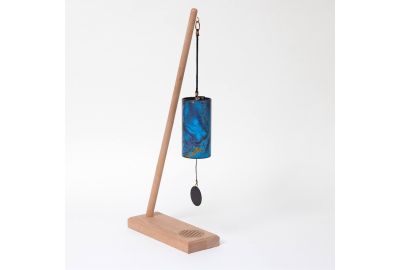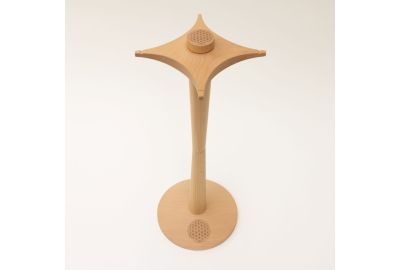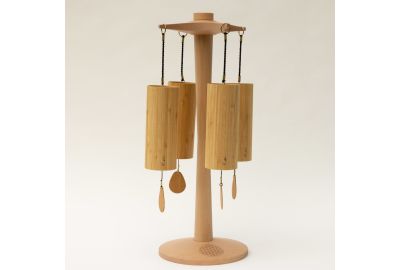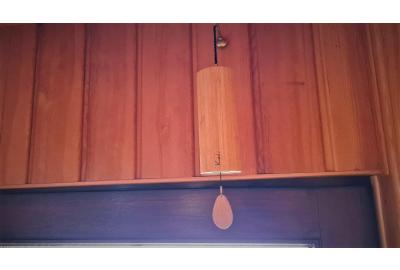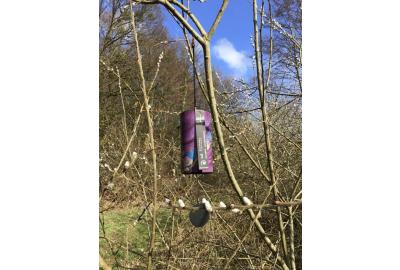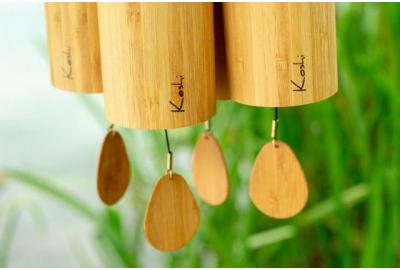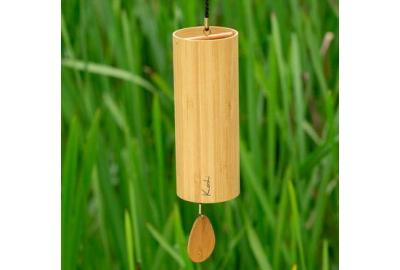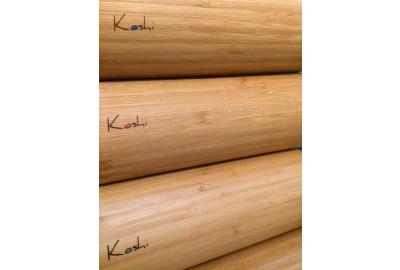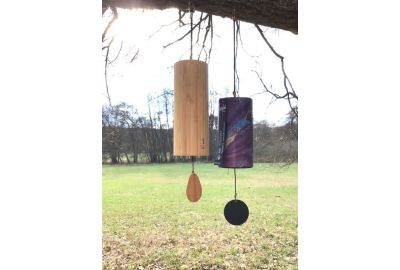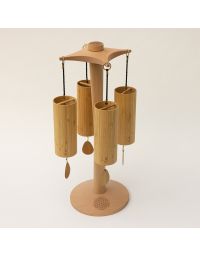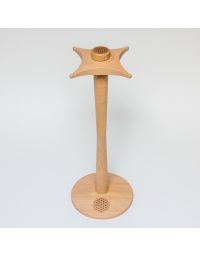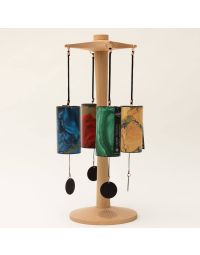Why are the Koshi Chimes are called Koshi?
Did you know that Kabir, while inventing and naming the Koshi Chimes, had no specific intention behind it? The process involved playful experimentation with consonants and vowels. The name "Koshi" emerged without a specific meaning or connection to any particular concept or language.
We like to think that this was a lucky coincidence, as there are several meanings of Koshi in Kanji.
Kanji is used in the Japanese writing system. The logoprahoc characters have been adapted from the chinese script system. Koshi (Kanji:古史 ) means also ancient poems (古詩 ), old small shrine(古祠) or ancient history (古史).
Koshi or Koshi is also a transboundary river which flows through China, Nepal and India.
In ancient Indian culture, wind chimes were believed to ward off evil spirits and bring positive energy. They were also used during religious ceremonies and festivals to create a harmonious and sacred environment. The gentle sounds produced by the chimes were thought to invoke the presence of deities, create a soothing ambiance, and enhance spiritual practices such as meditation and prayer.
In Nepal, wind chimes have cultural significance as well. They are commonly used in Buddhist and Hindu temples, as well as in households. There is also a Koshi Province in Nepal. It is the easternmost Province in Nepal which is known for their natural beauty.
In China, wind chimes have a long history and are deeply rooted in traditional beliefs and practices. Wind chimes were initially used for their functional purpose of detecting winds and warding off evil spirits. However, over time, they became symbols of good luck, prosperity, and positive energy. The soothing sounds produced by the chimes are believed to attract favorable chi (energy) and promote balance and well-being.
Across these three cultures, wind chimes serve as more than just decorative items. They reflect a deep-rooted belief in the power of sound, the significance of harmony, and the connection between the physical and spiritual realms. Wind chimes continue to be cherished today as a way to invite tranquility, positive energy, and spiritual well-being into homes, places of worship, and the surrounding environment.
We like to think that your Koshi Chime is your own little shrine which brings you joy, luck, happiness, positive energy and balance.
You can discover all 4 different Koshis and their elements here.



